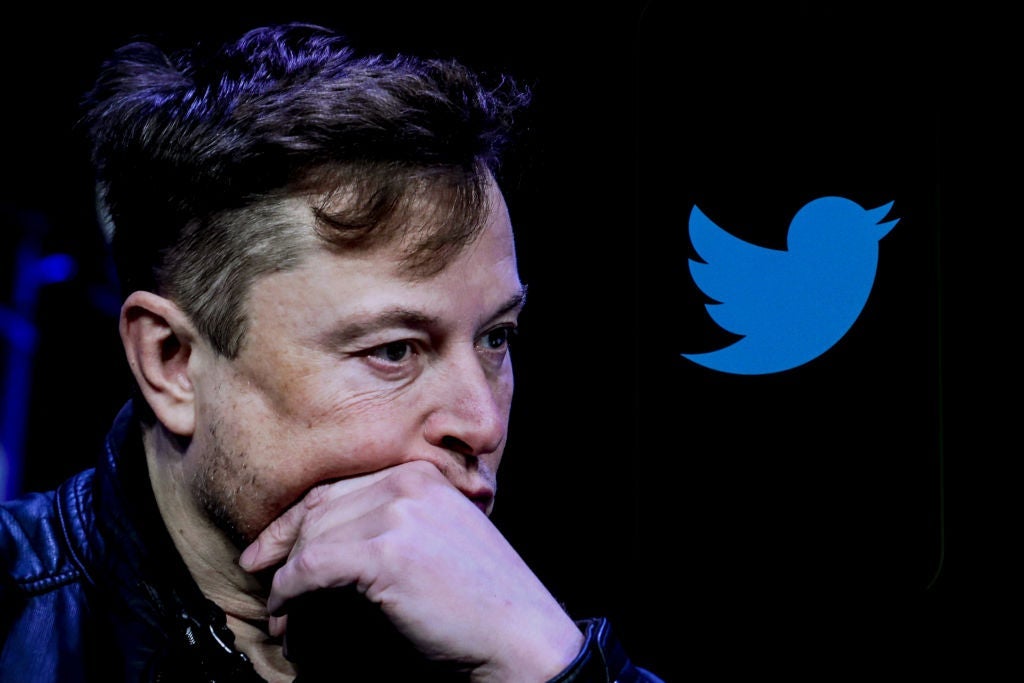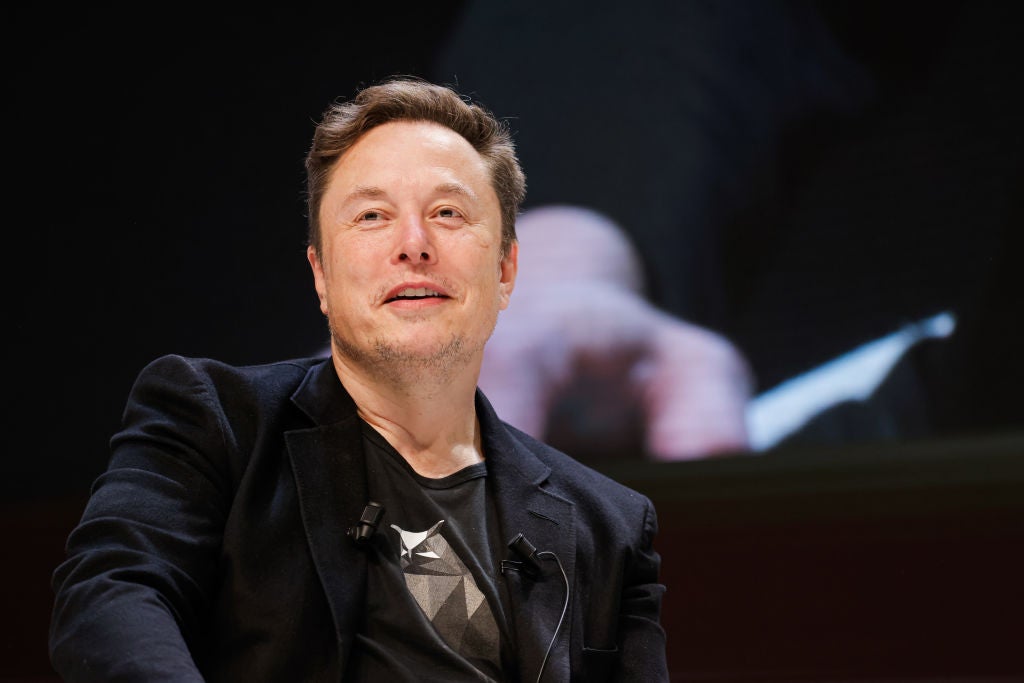
On 31 October 2022, US Senator Chris Murphy posted an appeal to the Committee on Foreign Investment in the United States (CFIUS) on his website urging greater scrutiny of Elon Musk’s foreign investor relationships in the case of Twitter. Indeed, reports have emerged of White House discussions into whether a CFIUS review of Musk’s Twitter acquisition is necessary.
Whether or not it happens, the issue is clearly on Joe Biden’s radar – a president who, incidentally, is no fan of Musk, allegedly snubbing him by excluding him from White House electric vehicle (EV) industry events, leading to Musk responding by publicly referring to the sitting president as a “damp sock-puppet”.
Since 2018, the CFIUS’s powers to review foreign investments into the US have been greatly strengthened. The latest update, an executive order by Biden in September 2022, reaffirmed the agency’s “mission to protect the US’s technological leadership and the security of our citizens’ sensitive data from emerging threats”.
As well as explicitly outlining technology sectors including quantum computing, biotech, clean energy and cybersecurity, the executive order gives the CFIUS greater powers to review foreign investment in aggregate, which may lead to control of a technology sector in a series of transactions over time. This new addition to the order is pertinent to the Twitter deal because of the ongoing rounds of funding that Twitter will need to realise Musk’s characteristically big vision for the social media network.
What foreign investment is Musk securing for Twitter?
Speculation is rife as to the direction Musk is planning for Twitter. Based on both his track record as an entrepreneur and his think-big attitude, his plans will require large amounts of capital. For example, to expand Twitter’s utility into becoming a super-app to include payments, ecommerce and social media functionality, Musk will need to raise additional funds – and this will no doubt include courting even more foreign investment.
Musk will be feeling the pressure to take investment where he can get it because the clock is ticking for the entrepreneur to turn the financial ailing company around. First, Twitter’s $44bn price tag was widely acknowledged to be overpriced and, second, the company is currently losing money at a rate of around $4m a day.
How well do you really know your competitors?
Access the most comprehensive Company Profiles on the market, powered by GlobalData. Save hours of research. Gain competitive edge.

Thank you!
Your download email will arrive shortly
Not ready to buy yet? Download a free sample
We are confident about the unique quality of our Company Profiles. However, we want you to make the most beneficial decision for your business, so we offer a free sample that you can download by submitting the below form
By GlobalDataHowever, by taking the low-hanging fruit of foreign investors eager to gain a stake in one of the most influential US media platforms, Musk faces potential CFIUS scrutiny on two counts. First, on the investment received in order to close the acquisition of Twitter. According to Securities and Exchange Commission filings in May 2022, private investment for the deal is said to include 5% from the Qatari sovereign wealth fund, 7% from controversial Chinese founder-owned cryptocurrency exchange Binance (which incidentally is under investigation by the US Department of Justice and Internal Revenue Service for money laundering as well as banned from operating in the UK by its Financial Services Authority), and 27% from Saudi prince Al Waleed bin Talal.
Musk and China: a problem for Tesla, Twitter and the US?
Investment from sources deemed a threat to national security and the safety of citizens’ private data is one thing, but perhaps more concerning is the fact that Musk’s net worth is heavily dependent on Tesla’s success in China. Even though China is strategically critical to Tesla’s success in a way that it may not be to Twitter, the connection will nonetheless raise questions about the influence that Beijing now has to exert upon Musk.
Musk has cultivated a ‘special’ relationship with the Chinese leadership in Beijing. While the US fights for global dominance of the technology sector, Musk has been quietly ingratiating himself with Chinese officials and heavily investing Tesla in the Chinese market. This, of course, plays well with Beijing’s policy of rolling out the red carpet to foreign companies wanting to make greenfield investments in the country, welcoming the economic development and trickle-down intellectual property. The charismatic entrepreneur has embraced Beijing’s welcome, which comes with the usual tax breaks and cheap land, and he even carved himself out an exception to China’s foreign ownership regulations.
Our FDI Projects Database recorded 14 Tesla projects in China across 2019, 2020 and 2021, the joint-highest number globally along with Canada.
All of these factors have raised concerns from US quarters that Chinese authorities have the potential to influence Twitter through Musk’s dependence on Tesla’s success in China. What happens to the data produced by Tesla in China? Can it be sent outside China or must it be given over to Chinese government entities and monitored? Will Chinese authorities favour Chinese EV companies over Tesla? These are all ways Chinese authorities could pressure Tesla in China and through that exert pressure on Musk. The lever is there. Whether the intent by Chinese authorities to use it is there is another matter, but it will still raise concerns and prompt some level of official scrutiny by US authorities.
While Musk is on his merry way going about the business of turning Twitter around and purportedly set on “engaging 80% of the human race” to sign up to his newly purchased social media platform (be warned, Musk’s outlandish claims have often come true), he is not out of regulatory hot water. According to the Brookings Institute, while the Twitter deal is completed, the CFIUS still has the authority to retroactively investigate and undo it (a move for which precedent exists). At a minimum, the CFIUS may have a case to retroactively order divestments of certain portions of the deal equity that are deemed to pose national security risks.
Many factors are at play, including whether President Biden would want to jeopardise such a high-profile deal, particularly one that has been taken to protect the politically sensitive topic of free speech. Until Musk shows his cards and the plan for Twitter becomes clearer, it may be that policymakers are unwilling to stick their heads above the parapet to weigh in on a domestic fracas that would undoubtedly have major geopolitical consequences.







